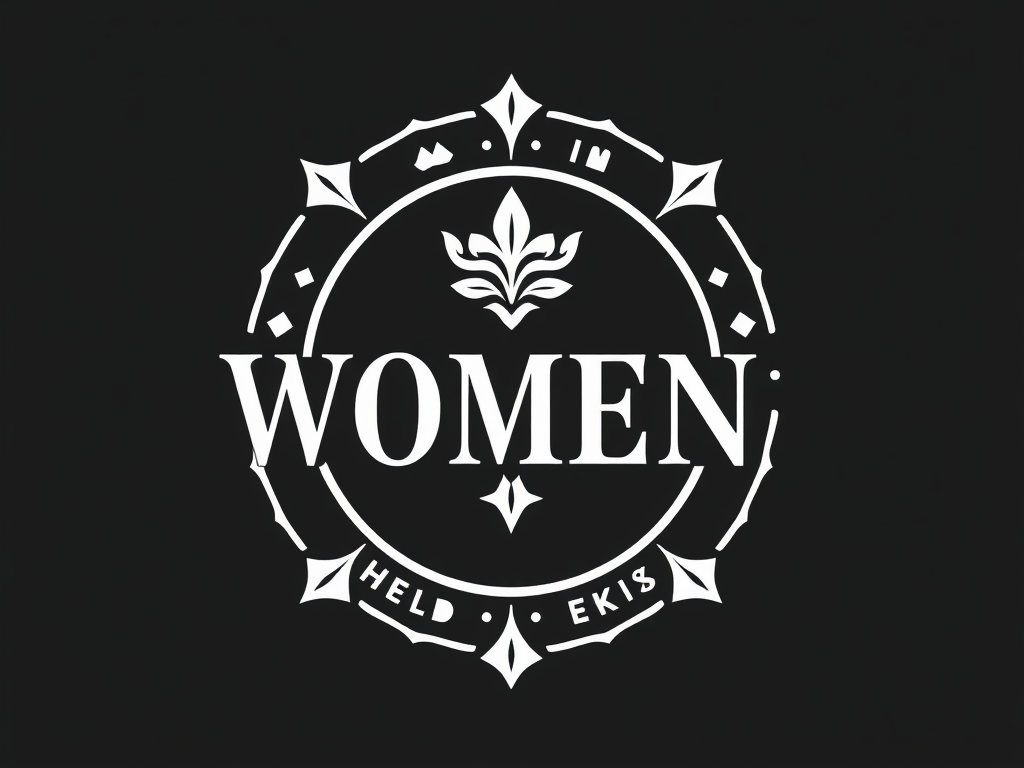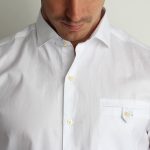Overview of Eco-Chic Luxury Evening Wear
Eco-chic luxury evening wear is defined by its fusion of elegance with environmental consciousness. This trend has gained significance within the luxury market by marrying high fashion with sustainable principles, resonating with consumers who are increasingly aware of their environmental footprint. The rise in eco-friendly fashion signals a shift in the industry towards more responsible luxury practices.
One of the major forces propelling this movement is the heightened consumer interest in sustainability. Shoppers today are not just looking for style and exclusivity; they are seeking garments with a story of ethical production and reduced environmental impact. This shift is not just a matter of personal preference but is also a reflection of a broader societal push towards sustainable luxury.
Topic to read : Urban Elegance: Mastering Chic London Style with a Classic Barbour Jacket
The allure of eco-friendly evening attire is further amplified by the shift in evening wear trends. Sustainable luxury is not merely a passing trend but a critical evolution. It is spurred by innovative designs that challenge traditional norms while promoting the benefits of reduced resource use. Emphasizing sustainable practices in design and production defines the future of luxury fashion, offering consumers an elevated sense of satisfaction knowing their attire contributes positively to the planet.
Prominent Designers in Eco-Chic Evening Wear
The eco-conscious fashion landscape has garnered significant attention, thanks in large part to pioneering sustainable designers. These luxury designers are at the forefront of redefining elegance with eco-friendly practices. They merge traditional craftsmanship with modern sustainable techniques, offering not just garments, but a commitment to the environment.
Also to see : Revamp Timeless British Fashion with Custom Embroidery: A Personalization Guide
Designer Spotlight
Several key designers have emerged as leaders in the eco-chic movement, championing innovative collections that have captured the imagination of the fashion world. Their collections often incorporate recycled fabrics, turning waste into stunning couture. Through their visionary work, they highlight the potential of sustainable textiles to transform the luxury evening wear market.
Innovative Collections
Innovative collections showcasing recycled materials have been pivotal in setting trends within eco-conscious fashion circles. These collections not only focus on aesthetics but also on the story behind each garment. Fibers are carefully selected for their sustainability, demonstrating a commitment to reduced resource use without compromising luxury.
Collaboration and Influence
Collaborations among these designers and other industry players further amplify the impact of sustainable luxury. Strategic partnerships promote recycled fabrics and eco-friendly practices, setting a new standard for luxury designers. Such collaborations are crucial for encouraging more widespread adoption of sustainable methods in high fashion.
Innovative Use of Recycled Fabrics
The eco-conscious fashion sector is embracing recycled materials as a cornerstone of luxury evening wear. Sustainable textiles are not only environmentally beneficial but also versatile in design and application. Popular types of recycled fabrics include recycled polyester, often crafted from discarded plastic bottles, and upcycled cotton, originating from post-consumer garments. These materials ensure style does not compromise ecological responsibility.
Incorporating these innovative fabrics into high fashion requires advanced techniques. Designers often use cutting-edge tailoring methods to maintain the luxurious aesthetics high-end fashion demands while ensuring materials remain durable and comfortable. This balance is key to achieving both a luxe appearance and reduction in environmental footprint, making each piece as practical as it is beautiful.
Examples abound in fashion houses that utilize these recycled textiles effectively. One captivating case study is Stella McCartney’s evening wear line, which combines recycled lace and polyester to create breathtaking gowns that sparkle without straining resources. The line showcases how innovative use of recycled materials can redefine luxury fashion, both in terms of aesthetics and sustainable impact. These textiles herald a future where fashion and the environment are seamlessly intertwined, embodying a narrative of environmental stewardship.
Styling Tips for Eco-Chic Evening Wear
For those embracing eco-friendly outfits, styling sustainable fashion with flair can make an impressive statement. Combining luxury with conscientiousness, eco-luxury looks are about creativity and ethical choices. When it comes to accessorizing sustainably, opt for pieces crafted from recycled or ethically sourced materials. Jewelry made from upcycled metals or vegan leather bags can accentuate an eco-chic gown without compromising on style.
Mixing and matching is another key aspect of achieving dynamic evening wear looks. Pair timeless, versatile pieces such as simple sustainable jewelry with bold dresses to create a harmonious balance. This approach not only enhances your ensemble but also allows for reusability, encouraging less waste and more value from your wardrobe.
Seasonal trends in eco-luxury styling offer exciting possibilities. In cooler months, think about eco-friendly outerwear, like a chic wool-free coat, which complements evening dress while staying in line with environmental ethics. Spring and summer allow for lighter touches, such as a recycled textiles shawl.
By focusing on details and preferences in the realm of sustainable fashion, individuals can enjoy elegant evening wear that effortlessly aligns with ecological values. This ensures style that is both sustainable and sophisticated.
Ethical Considerations in Sustainable Fashion
In the realm of sustainable fashion, ethical practices play a crucial role. Consumers are increasingly demanding transparency in fashion, wanting to know the origins of their eco-chic evening wear. Ethical production goes beyond using sustainable materials; it involves fair labor practices and responsible sourcing.
To fully address ethical concerns, brands often embrace open communication regarding their supply chains. This transparency helps build consumer trust, ensuring that luxury garments are as ethically produced as they are beautifully crafted. Sustainable production is about creating garments responsibly, supporting communities involved in every step from fabric creation to finished product.
The impact of labor practices on sustainable luxury cannot be overstated. Ethical fashion brands prioritize the welfare of workers, ensuring fair wages and safe working conditions. This ethical grounding transforms the allure of luxury fashion, aligning high-end style with conscience.
Ultimately, eco-chic evening wear becomes an emblem of ethical practices when it reflects compassion for people and the planet. By integrating sustainable and ethical methods, the fashion industry moves towards a more just and environmentally considerate future. These considerations not only enrich the narrative of luxury fashion but also affirm its role in promoting positive societal change.
Environmental Impact of Sustainable Fashion
The fashion industry has historically faced significant environmental challenges, contributing to pollution and resource depletion. Transitioning to eco-chic luxury evening wear offers environmental benefits by reducing waste and carbon emissions. Sustainable practices in fashion emphasize using organic or recycled materials, which are pivotal in decreasing the industry’s ecological footprint. For instance, substituting conventional fabrics with recycled materials lowers water and energy consumption.
Adopting sustainable practices has positive effects, not only in the high-end fashion sector but broadly on the planet. Emphasizing sustainable practices impact, luxury brands are increasingly keen on showcasing their logistical and manufacturing innovations. This focus spurs faster advancements in cleaner production techniques and resilient supply chains, enhancing accountability and minimizing adverse ecological outcomes.
Long-term benefits include the potential for eco-friendly materials to drive substantial reductions in global waste. By integrating these materials, fashion houses encourage a shift towards an industry standard where eco-conscious design is the norm. The use of innovative textiles and reduction in harmful dyes and processes support a vision for a better-managed natural resource use. This approach helps make eco-friendly fashion not just a trend but an enduring movement with tangible eco-impact.
Trends in the Eco-Luxury Market
As the demand for sustainable fashion trends continues to rise, the luxury market is increasingly catering to eco-friendly consumer behavior. Consumers today are not just looking for style but are becoming more conscious of the environmental impact of their purchases. This shift has led to profound changes in the luxury market, with brands pivoting towards more sustainable models.
Consumer Sentiment
The shift in consumer sentiment plays a pivotal role in this evolution. More individuals are adopting eco-friendly consumer behavior, choosing brands that align with their environmental values. This trend is bolstered by the broader cultural emphasis on sustainability and ethical consumption.
Market Growth
With the heightened focus on sustainable fashion trends, the market for eco-luxury items sees robust growth. Reports indicate a significant increase in sales of luxury goods that underscore environmental responsibility, signifying a lucrative opportunity for brands to capitalize on consumer interest. These changes also drive competition among luxury brands to innovate and lead in sustainability.
Future Directions
Looking ahead, future innovations in sustainable fashion promise to reshape the industry further. Eco-friendly materials and advances in production techniques are expected to enhance both sustainability and luxury, guiding the industry towards a more environmentally conscious and consumer-centric approach.



